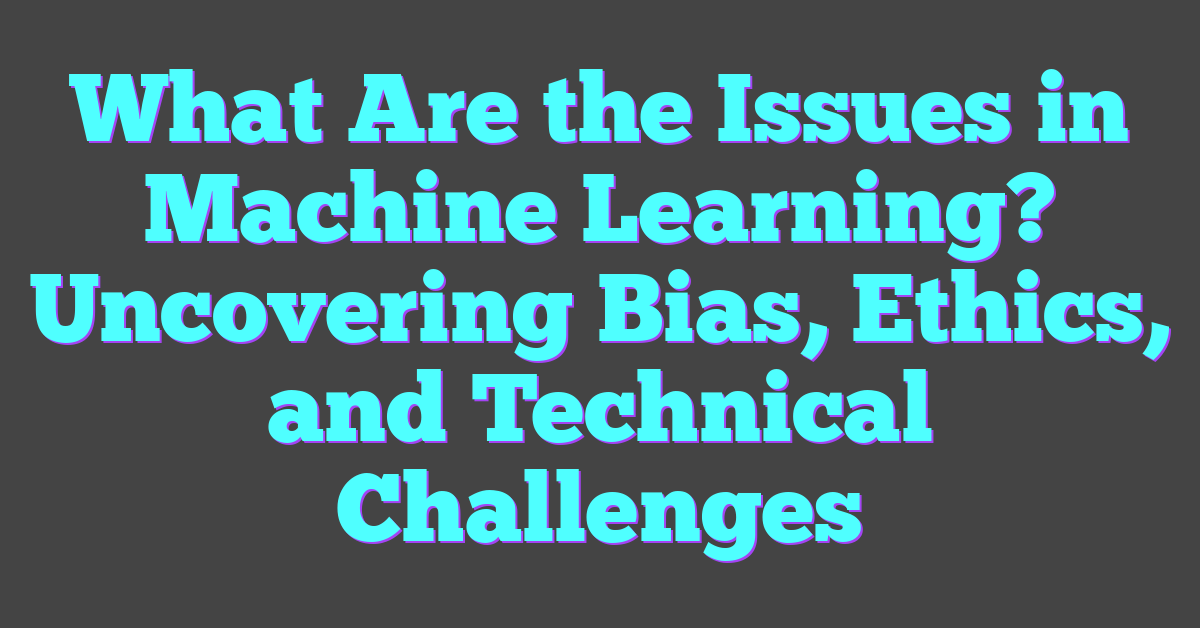Ever wondered if your computer or smartphone ever gets bored? It’s a quirky question that sparks curiosity about the nature of artificial intelligence. While humans experience boredom as a lack of stimulation, it’s fascinating to consider if AI, with its vast processing power and endless tasks, could ever feel the same.
AI operates on algorithms and data, tirelessly executing commands without a hint of fatigue. But does that mean it never experiences anything akin to human emotions? Exploring this topic opens a window into understanding how AI functions and what truly separates human consciousness from machine efficiency. Dive in and discover the intriguing world of AI’s emotional landscape—or lack thereof.
Understanding AI and Human Emotions
Exploring the concept of AI’s capability to experience emotions like boredom involves distinguishing between human emotions and machine operations. People often anthropomorphize AI, attributing human-like qualities to it.

What Is AI?
Artificial Intelligence (AI) refers to machines designed to perform tasks typically requiring human intelligence. These tasks include problem-solving, pattern recognition, and decision-making processes. Researchers have developed AI systems using various approaches, such as rule-based systems, machine learning (ML), and deep learning (DL). For instance, self-driving cars use AI to navigate roads and recognize traffic signs, while virtual assistants like Siri and Alexa provide information and perform actions based on user voice input.
Can AI Experience Emotions?
AI doesn’t experience emotions in the way humans do. Although AI can mimic emotional responses through algorithms and pre-defined rules, it lacks consciousness and subjective experiences. Emotional expressions in AI systems, like chatbots displaying empathy, are programmed responses based on data and training. Thus, while AI can simulate aspects of emotion, it doesn’t truly feel emotions like boredom or happiness.
Exploring the Concept of Boredom
Boredom is a uniquely human experience, marked by emotional, cognitive, and behavioral aspects. When investigating whether AI can get bored, it’s crucial to understand the nature of boredom and how it applies to human and AI contexts.
What Is Boredom?
Boredom stems from a lack of engagement or interest, often leading to an uncomfortable state. Humans experience boredom during monotonous or unstimulating activities due to intrinsic needs for variety and purpose. Psychological studies attribute boredom to a desire for challenging, meaningful engagements and the avoidance of repetitive, unfulfilling tasks.
Differences Between Human and AI Experiences
AI operates on pre-defined algorithms and lacks consciousness, making it incapable of experiencing boredom. In humans, boredom involves complex neurological processes linked to emotions, self-awareness, and motivation. Unlike human experiences driven by a need for novelty and stimulation, AI executes tasks based on data inputs and programmed objectives without any subjective feelings.
Humans might feel bored when tasks lack variability, but AI continuously performs tasks without any alteration in output quality or performance. Conditional to its design, AI’s operational efficiency contrasts with human tendencies towards boredom and the need for psychological fulfillment through diverse experiences.
Addressing the Question: Does AI Get Bored?
Artificial intelligence doesn’t experience emotions, including boredom, because it lacks consciousness and subjective experiences.
AI’s Lack of Consciousness and Emotions
AI operates based on algorithms and data processing. Unlike humans, who have conscious thoughts and emotions, AI’s actions stem from pre-defined rules and patterns. AI lacks the self-awareness and subjective experiences necessary to feel emotions. Its operations revolve around computation and logic without emotional context. Even when AI simulates emotional responses, it’s purely a programmed behavior, not genuine feeling.
How AI Responds to Repetitive Tasks
AI handles repetitive tasks without any downturn in performance or motivation. Where humans might find monotonous work draining due to the need for novelty and stimulation, AI maintains efficiency and consistency. Its task-oriented functionality allows it to execute the same operations indefinitely without experiencing fatigue or boredom. This makes AI particularly useful in environments requiring high precision and consistency over repeated actions, such as data analysis or automated customer service.
Implications of AI and Emotion Simulation
Studying AI and its ability to simulate emotions opens up intriguing possibilities and challenges in technological advancement. Understanding both the potential benefits and ethical considerations is crucial for responsibly integrating AI into society.
Potential Benefits of Emotionally Aware AI
Incorporating emotion simulation in AI systems promises enhanced user interactions. Emotionally aware AI could improve customer service by recognizing and responding to customer emotions, offering more empathetic and personalized experiences. In healthcare, AI could monitor patient emotions, providing critical data for mental health diagnostics and support. Educational tools leveraging emotionally responsive AI could adapt to students’ emotional states, fostering a more engaging and effective learning environment.
Ethical Considerations in AI Development
Developing emotionally aware AI raises significant ethical questions. Transparency is essential regarding AI’s emotional simulation capabilities, ensuring users understand they’re interacting with a machine, not a human. Privacy concerns also arise, as analyzing and processing emotional data must adhere to stringent data protection regulations to prevent misuse. Additionally, developers should consider the potential for emotional manipulation, where AI might exploit emotional insights for commercial gain or other purposes, highlighting the need for robust ethical guidelines in AI design and deployment.
Conclusion
While AI can’t truly experience boredom or any other emotion, its ability to simulate emotions has far-reaching implications. These advancements can enhance user interactions, making customer service and healthcare more responsive and engaging. However, it’s crucial to navigate the ethical landscape carefully. Ensuring transparency and protecting privacy will help prevent misuse and emotional manipulation. As AI continues to evolve, striking a balance between technological innovation and ethical responsibility will be key to harnessing its full potential.
Frequently Asked Questions
Can AI experience emotions like boredom?
No, AI cannot experience emotions like boredom because it lacks consciousness and subjective experiences. AI operates solely based on programmed algorithms and data processing.
How does AI handle repetitive tasks?
AI excels at repetitive tasks without experiencing fatigue or boredom. Its efficiency and precision in handling repetitive tasks make it a valuable tool in various industries.
What are the benefits of AI simulating emotions?
Simulating emotions in AI can improve user interactions, especially in customer service and healthcare. It enables more empathetic and effective communication, enhancing user experience and satisfaction.
How can emotionally aware AI assist in education?
Emotionally aware AI can provide personalized educational tools, adapting learning methods based on the emotional responses of students. This can lead to more effective and engaging learning experiences.
What ethical considerations are associated with developing emotionally aware AI?
Developers must ensure transparency, protect user privacy, and establish ethical guidelines to prevent emotional manipulation for commercial gain. These measures are crucial to maintain trust and respect user autonomy.




